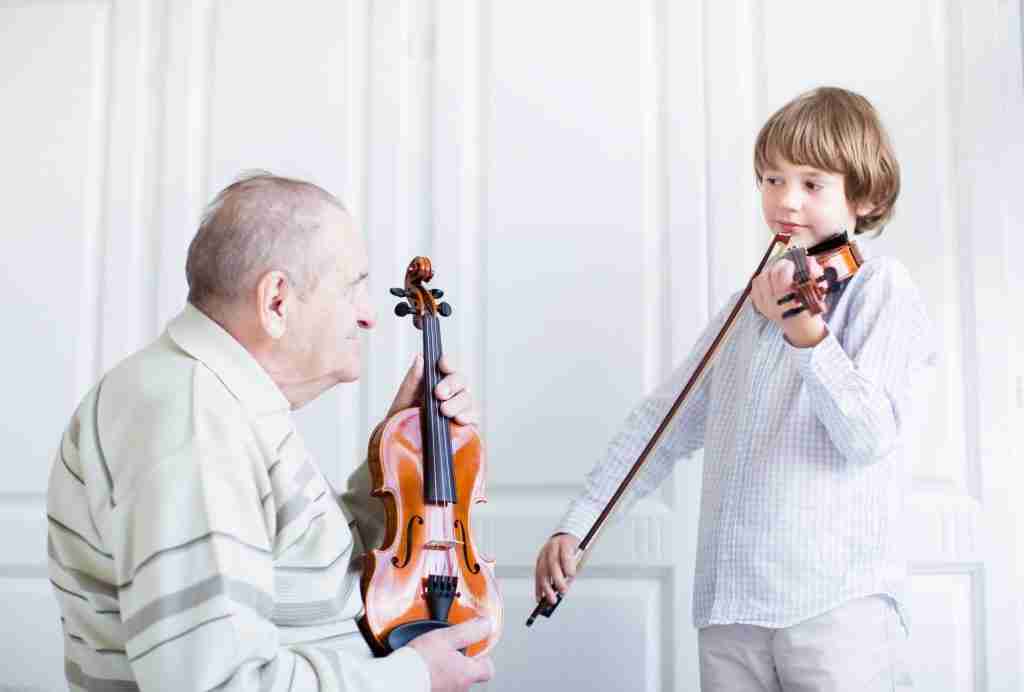Music is often referred to as mind medicine; neuroscience and brain imaging support this.
Research has shown that music therapy can improve health outcomes in a wide variety people, from premature infants and children with autism, ADHD or developmental and learning disabilities, to people with emotional trauma, substance abuse problems, brain injuries, physical disabilities, acute and chronic pain, depression and Parkinson’s disease.
But now research is indicating that those with musical training and those that play music are less likely to have mental decline in later years.
If you have to endure hours of squeaky tunes while your child practises their music, take heart. A new study has shown that even a little musical training in early childhood has a lasting, positive effect on how the brain processes sound.
The North-western University team found that the more years study participants spent playing instruments as youths, the faster their brains responded to a speech sound. Prof. Kraus says: “The fact that musical training in childhood affected the timing of the response to speech in older adults in our study is especially telling because neural timing is the first to go in the ageing adult,” and adds “the findings suggest that our early learning experiences may pay dividends in later years.”
This study suggests the importance of music education for children today and for healthy ageing decades from now.
https://www.medicalnewstoday.com/articles/266809
A new study by researchers at the University of St. Andrews in Scotland concludes that people who practise playing musical instruments have sharper brains because they pick up mistakes in their performance and fix them more quickly than other people.
Writing about their work in a recent issue of the journal Neuropsychologia, psychologist Doctor Ines Jentzsch and colleagues suggest playing music may help guard against mental decline, either through age or disease. The findings reinforce previous research that links mental ability to playing music. Dr. Jentzsch, who is a Reader in St. Andrews’ School of Psychology and Neuroscience and a keen pianist herself, says: “Our study shows that even moderate levels of musical activity can benefit brain functioning.”
https://www.medicalnewstoday.com/articles/268597#Music-to-our-ears\
Music is one of the few activities that stimulates your whole brain. Because music is structural, mathematical and architectural, based on relationships between one note and the next, it’s a total brain workout. Listening to music is not solely auditory processing; a recent imaging found that music activated auditory, motor and limbic brain regions no matter whether people were listening to Bach, Elvis or Ed Sheeran. The motor areas of the brain process rhythm, the auditory areas process sound and limbic regions are associated with emotions.

